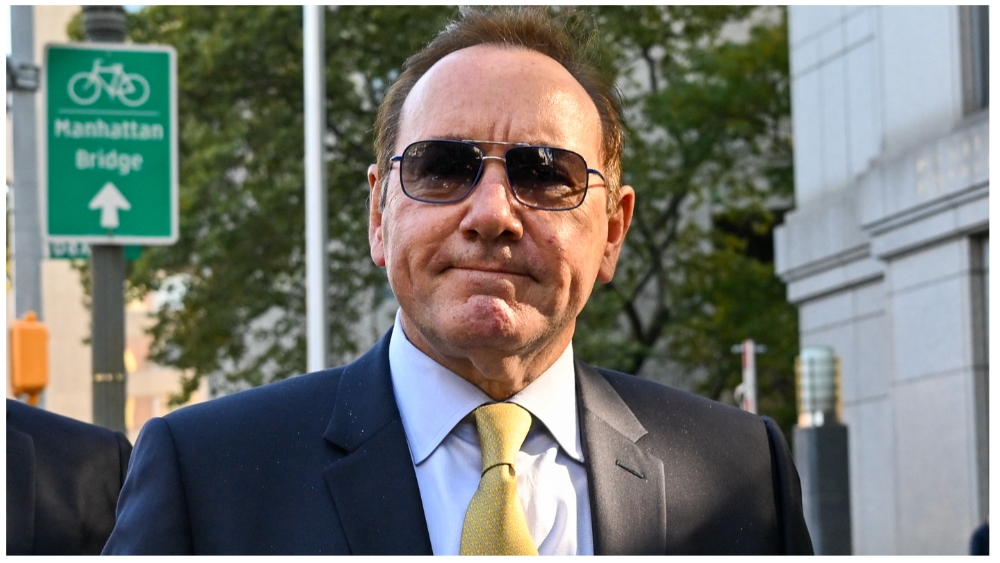
When audiences return for the 63rd edition of the Thessaloniki Intl. Film Festival, which runs Nov. 3-13, many hoping to discover the new wave of up-and-coming local talent might be searching for the next “Magnetic Fields,” the feature debut of graphic artist-turned-director Yorgos Goussis. After riding the success of its 2021 Thessaloniki premiere to sweep the country’s local Academy Awards, the film is representing Greece in the international feature film Oscar race.
Since its modest origins as Greek Cinema Week among movie-lovers in this handsome seaside city, the Thessaloniki event has offered a launching pad for emerging Greek talents ranging from Goussis to Theo Angelopoulos, the towering figure of 20th-century Greek cinema, who premiered his first feature, “Reconstruction,” at the fest in 1970.
Half a century later, Greece is enjoying its brightest big-screen moment since the likes of Academy Award nominee Yorgos Lanthimos (“Dogtooth,” “The Lobster”) ushered in the Greek Weird Wave in the late ’00s. Battle-hardened by years of economic crisis, a diverse crop of young filmmakers is thriving, pushing Greek cinema in new directions and reaching for startling heights.
This year’s Thessaloniki Film Festival will include 26 feature-length and 19 short films from the host country, with 14 of those features celebrating their world premieres. That robust Greek contingent will look to build on the success of recent years, which have witnessed the emergence of directors including Christos Nikou, who hit the Telluride-Venice-Toronto trifecta with his Cate Blanchett-executive produced feature “Apples”; Araceli Lemos, whose 2021 debut “Holy Emy” was awarded in Locarno; Evi Kalogiropoulou, whose short film “On Xerxes’ Throne” won a prize at Cannes’ Critics Week; and Vasilis Kekatos, whose short “The Distance Between Us and the Sky” took home the Palme d’Or.
Their international visibility, perhaps above all else, is what sets apart this generation of Greek filmmakers from their predecessors, according to Thessaloniki festival director Orestis Andreadakis. “Twenty years ago, it was completely different,” he says. “Now, this young generation is everywhere: festivals, markets, [winning] prizes.”
“They’re much more international to begin with,” adds Neda Film’s Amanda Livanou, who produced Christos Massalas’ feature debut “Broadway,” which premiered at Rotterdam, and is developing Kalogiropoulou’s anticipated first feature, “Cora.” “They’ve grown up with this.”
If the landscape for today’s Greek filmmakers is radically different from the previous generation’s, that’s hardly a coincidence. Since the financial crisis of the mid-2010s, when lenders imposed strict austerity measures on the country as part of an E.U. bailout, Greece’s economy has proved surprisingly resilient. In 2018, the government introduced a 25% cash rebate, which has since grown to 40%, to attract foreign productions and jumpstart the local film industry.
Almost overnight, Greece became one of Europe’s hottest filming destinations, luring high-profile international productions such as Ruben Östlund’s Palme d’Or winner “Triangle of Sadness” and Rian Johnson’s Netflix blockbuster “Glass Onion: A Knives Out Mystery.” The rebate also brought a much-needed boost to domestic production, while smoothing the pathway for the international co-productions that are the lifeblood of the Greek industry.
From the start of their careers, today’s Greek filmmakers learn how to navigate the choppy waters of international film finance. They are beneficiaries, too, of an integrated European network of markets, labs and support schemes. By the time they bow their first features, many have workshopped their scripts at the Cannes Cinéfondation Résidence in Paris, pitched their projects in Karlovy Vary, and bowed short films in Locarno and Berlin.
For Greek filmmakers like Palme d’Or winner Kekatos, the old borders are a thing of the past. “I make movies because I want to tell stories. Stories about people. And I am making them in Greece because I happen to be here right now,” he says. “I could be making them in any part of the world.”
The director is developing his first feature, “Our Wildest Days,” which follows a young woman who leaves her dysfunctional family to follow a group of romantic outsiders through a shattered Greece. It’s a story in some ways emblematic of his generation of filmmakers, who have weathered economic downturns and austerity measures in pursuit of their quixotic, cinematic dreams.
“What motivates me is people who are somewhere and want to go somewhere else. People who want to escape. Runaways of whatever age, who leave without knowing where to go,” says Kekatos. “And even if they don’t get anywhere, they see glimpses of unknown beauty along the way.”
Thessaloniki Film Festival Showcases Greek Cinema as New Generation Blossoms







